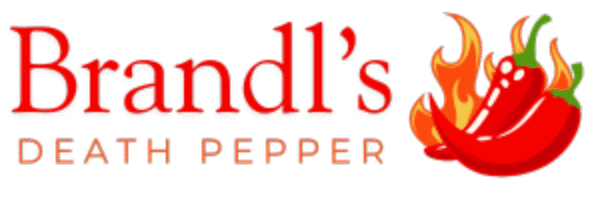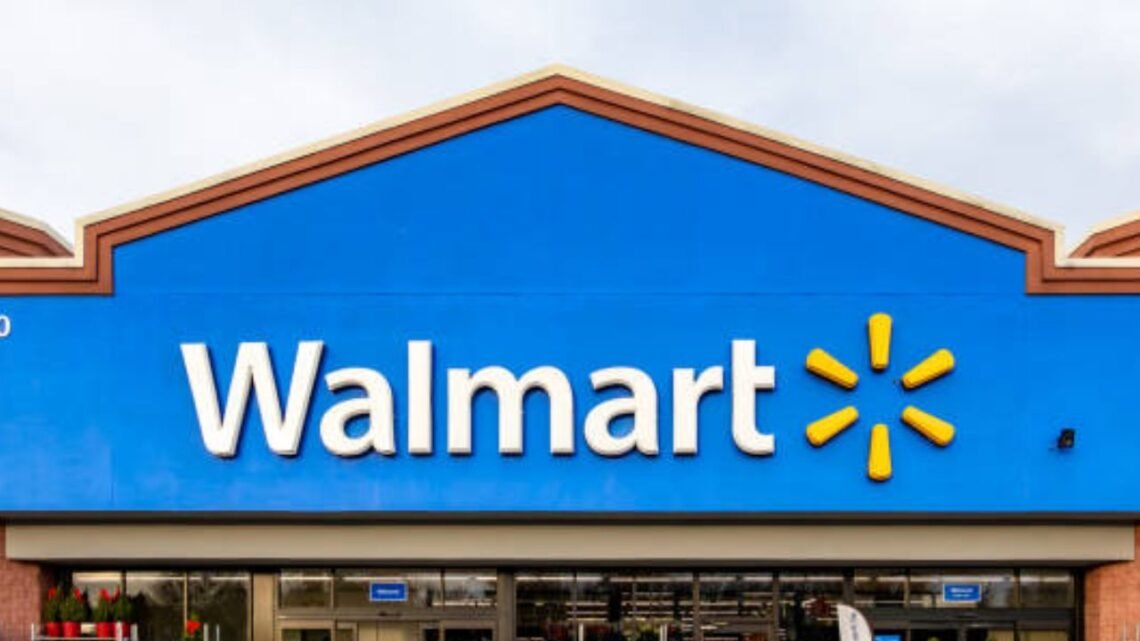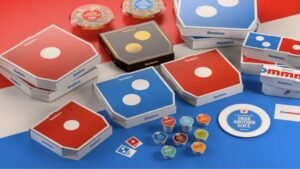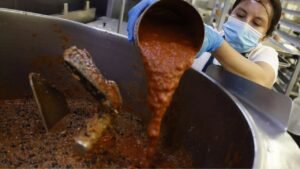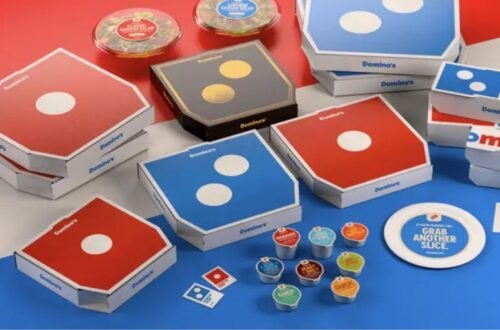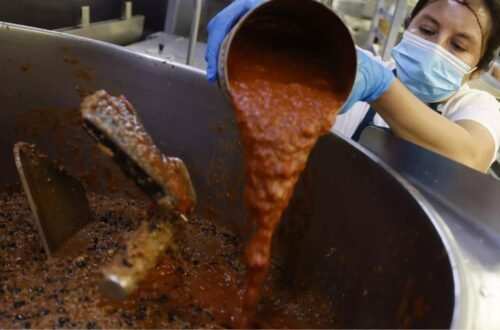Walmart will phase out synthetic food dyes and 30 additional artificial/controversial ingredients across its U.S. private-label food portfolio.
Reformulated items begin appearing now, with all long-lead changes completed by January 2027.
The company says customers will continue to get the same taste and value while ingredient lists become simpler and more familiar.
Brands, Categories And Scale
The policy spans major Walmart food brands—Great Value, Marketside, Freshness Guaranteed, and bettergoods—covering high-volume categories like cereals, sports drinks, snacks, baking mixes and frostings, condiments, and salad dressings.
Walmart notes that about 90% of its private-brand foods are already dye-free, and the final leg focuses on the remaining SKUs, totaling 1,000+ products being reformulated.
Key Facts At A Glance
| Detail | Update |
|---|---|
| Announcement date | October 1, 2025 |
| Completion deadline | January 2027 |
| Brands affected | Great Value, Marketside, Freshness Guaranteed, bettergoods |
| Synthetic dyes removed | 11 dyes (see full list below) |
| Other ingredients removed | 30 |
| Share already dye-free | ~90% of private-brand foods |
| Items impacted | ~1,000+ products |
| Customer insights | 62% want more ingredient transparency; 54% say they review labels |
The Full List Of Synthetic Dyes Being Removed
Walmart will eliminate these 11 synthetic dyes from private-brand foods: FD&C Blue 1, FD&C Blue 2, FD&C Green 3, FD&C Red 3, FD&C Red 4, FD&C Red 40, FD&C Yellow 5, FD&C Yellow 6, FD&C Citrus Red, FD&C Orange B, and Canthaxanthin.
30 Additional Ingredients Coming Out
Beyond dyes, Walmart will also remove these 30 ingredients:
titanium dioxide; azodicarbonamide; dicotyl sodium sulfosuccinate (DSS); sucrose polyester; toluene; anisole; lye; morpholine; propylene oxide; sodium stearyl fumarate; stearyl tartrate; ficin; synthetic trans fatty acid; butylparaben; lactylated esters of mono & diglycerides (OLEON); methylparaben; propylparaben; calcium bromate; potassium bromate; bromated flour; neotame; advantame; phthalates; potassium bisulfite; potassium nitrate; potassium nitrite; Simplesse; sodium ferrocyanide (yellow prussiate of soda); sucroglycerides; and talc.
Why Walmart Says It’s Doing This
Customer research shows growing demand for cleaner labels and ingredient transparency.
Walmart reports that 62% of its shoppers want more transparency in food, and 54% regularly check ingredient lists.
The move aligns the retailer’s value proposition with modern expectations around quality, safety, and simplicity.
What Shoppers Will See
Shoppers will notice reformulated recipes rolling out through 2026 and into early 2027.
Where color is needed, products will transition to natural color sources (for example, annatto, beet, spirulina, or paprika extracts).
Walmart says it is working with suppliers to maintain flavor, texture, shelf life, and pricing while meeting the new standards.
With a firm January 2027 deadline, Walmart is executing one of the country’s largest private-brand clean-label updates—eliminating 11 synthetic dyes and 30 additional ingredients across ~1,000+ products.
For shoppers, it means clearer labels and familiar taste at everyday low prices, while signaling a broader industry shift toward transparent, minimally controversial ingredient lists.
FAQs
Which products are covered?
All U.S. private-label food items under Great Value, Marketside, Freshness Guaranteed, and bettergoods are in scope.
Will taste or price change?
Formulas are being updated to remove synthetic dyes and specified additives while preserving taste and value. Walmart indicates it is collaborating with suppliers to keep prices competitive.
When will the new versions hit shelves?
Customers will see updated items throughout 2026, with remaining long-lead changes finished by January 2027.
